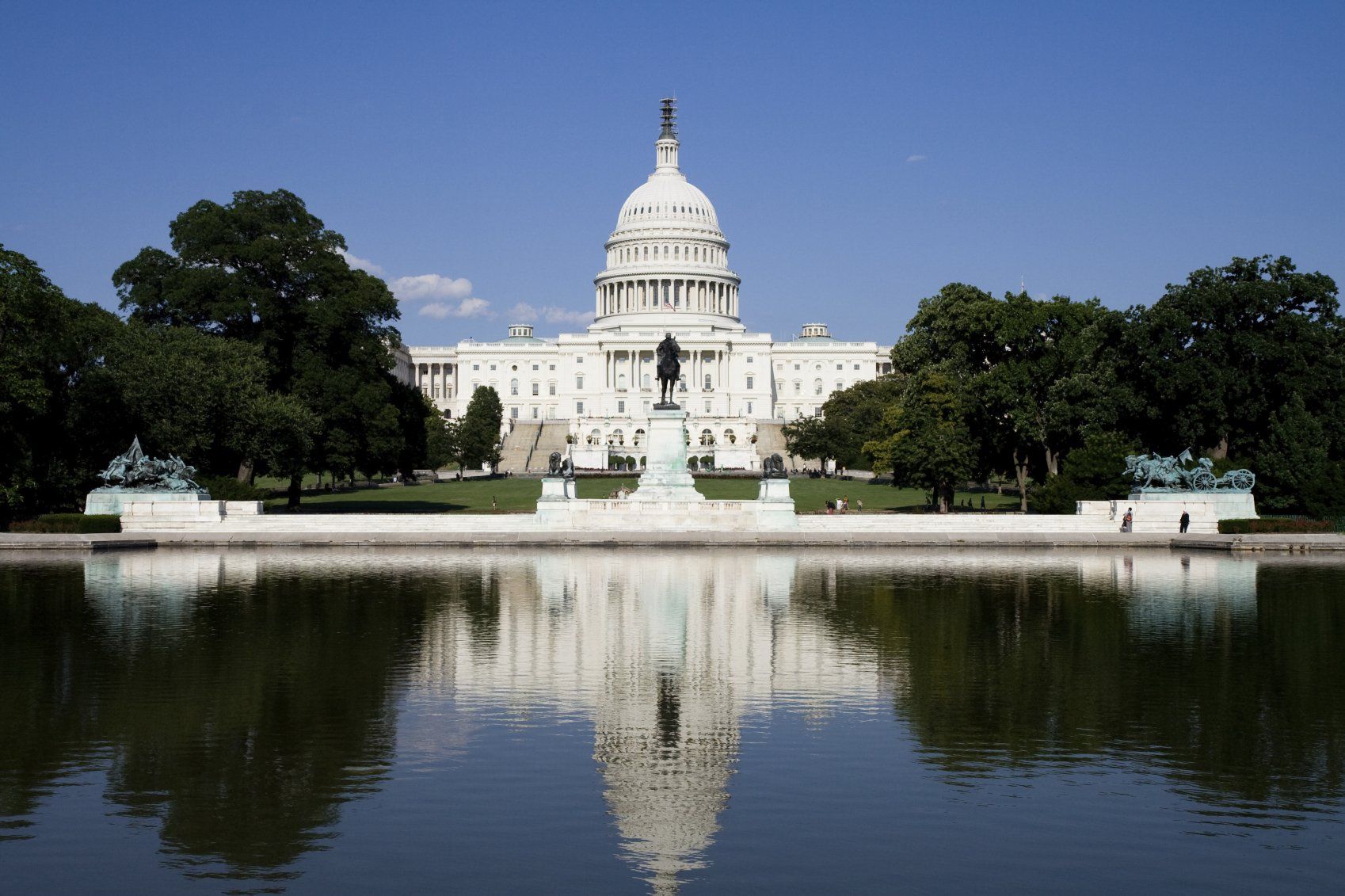Commit to Lifelong Learning
"perpetuam uitae doctrina!"
"Live as if you were to die tomorrow.
Learn as if you were to live forever." Mahatma Gandhi.

Lifelong Learning and Government.
Enrich Your Life! We are here to point you in the right direction and cheer you on.
Citizens of all nations need to adopt a lifelong-learning mindset.

Lifelong Learning:
National and International Perspectives.
Governments worldwide, are grappling with the challenges of educating their citizens to meet the complexities of the modern-day world.
The rapidly-changing technological landscape, globalization on many fronts, and the fact that global life expectancy is increasing, are prompting education policymakers throughout the world to revisit their national education policy paradigms, with an eye to realigning these policies to accommodate the true educational needs of modern-day populations.
International and national agencies such as The United Nations Educational, Scientific and Cultural Organization (UNESCO); The Organization for Economic Cooperation and Development (OECD); The European Education Area (EEA); Japan's National Institute for Educational Policy Research (Department of Lifelong Learning Policy Research); Adult Learning Australia; The International Labor Organization (ILO) and many others, have taken on the task of addressing the changing educational needs of today's citizens within their jurisdictions.
Here is a brief description of what the "Commonwealth of Learning" organization is, and an overview of it mission. This description is taken from (COL's) YouTube Channel.
"The Commonwealth of Learning (COL) is an intergovernmental organisation created by Commonwealth Heads of Government to encourage the development and sharing of open learning/distance education knowledge, resources and technologies.
Hosted by the Government of Canada and headquartered in Burnaby, British Columbia, Canada, the Commonwealth of Learning (COL) is the world’s only intergovernmental organisation solely concerned with the promotion and development of distance education and open learning. COL is helping developing nations improve access to quality education and training."
Democratising Lifelong Learning for All
List of Services
-
WORLDWIDE: U.N.E.S.C.O. Institute for Lifelong LearningList Item 1
The United Nations Educational, Scientific and Cultural Organization's Institute for Lifelong Learning (UIL), is a fully-fledged international, UNESCO Institute.
UIL is based in Germany and "promotes and supports lifelong learning with a focus on adult learning, continuing education, literacy and non-formal basic education. Its activities place particular emphasis on furthering educational equity for disadvantaged groups and in the countries most afflicted by poverty and conflict. "
-
WORLDWIDE: O.E.C.D. - Lifelong LearningList Item 2
"The Organisation for Economic Co-operation and Development (OECD) is an international organisation that works to build better policies for better lives."
The OECD is comprised of 38 member countries. These member states work together to find solutions to all types of social and economic challenges .
One matter of great importance to the OECD is education. Consequently, the organization has presented a number of policy papers on this subject. One of the cornerstones of OECD education policy is the concept of Lifelong Learning.
-
WORLDWIDE: I.L.O. - Lifelong Learning
In the wake of World War I, a sense of urgency and responsibility pervaded the global community. It was apparent that new standards of work, living conditions, and workers’ rights were necessary for global peace and prosperity. In 1919, the International Labour Organization (ILO) was born as a tripartite agency tasked with bringing together the governments, employers, and workers of the world.
For over a century, the ILO has been a beacon of hope for millions of workers. It has championed labour standards, developed policies, and devised programmes that promote decent work for all men and women. Its mission has remained the same: to create a world where everyone has access to opportunities for growth and prosperity.
Throughout its history, the ILO has been at the forefront of transformative global changes. From ending child labour to promoting fair pay, the organization has consistently led the way in promoting workers’ rights and better labour conditions. It has set international standards on everything from working hours and leave to gender equality and child protection.
The ILO is a shining example of what is possible when governments, employers, and workers come together for a common goal. Its tripartite approach to labour issues has allowed for comprehensive and inclusive decision-making, ensuring that all perspectives are heard and that the needs of everyone are taken into account.
As we look to the future, the ILO will continue to be a key player in creating a better world for all workers. Its work is critical in promoting social justice, peace, and prosperity, and in helping to build a brighter, more equitable world for future generations.
-
WORLDWIDE: W.E.F. -THE WORLD ECONOMIC FORUM
The World Economic Forum was founded in 1971, as a not-for-profit foundation dedicated to bringing political, business, cultural and other societal leaders together, to develop "solutions to the world's greatest challenges."
Part of the WEF's mission statement on "Education, Skills and Learning" states that the organization aims; "...to provide ways for the public and private sectors to collaborate on preparing workers of every age for technological disruption, and to help revamp education and training models in ways that better prepare individuals to be active members of the economy and society."
-
EUROPE: E.E.A. - European Education Area - Lifelong LearningList Item 3
The journey to creating the EEA started in 2017 when European leaders at the Social Summit in Gothenburg, Sweden, endorsed the idea of a united education area. Fast forward to 2018 and 2019, and the EEA saw the adoption of the first packages of measures.
Decades of close cooperation have already yielded fantastic results. Almost 95% of children attend early childhood education from the age of four. More than 40% of young adults now acquire higher education qualifications, and nearly 90% of young people are either graduating with upper secondary diplomas or enrolling in training. Not to mention, 80% of recent Erasmus+ graduates gained employment in less than three months after graduating!
One significant area of focus is improving the share of 15-year-olds with low abilities in reading, maths, and science. We're also committed to boosting adult participation in learning.
-
EUROPE: The Lifelong Learning Platform. "Building the Future of Learning in Europe"
"The Lifelong Learning Platform" is an organization which acts as a hub for thousands of educational, social and governmental organizations in Europe, with the goal studying and proposing ways to modernize existing education systems and making "lifelong learning a reality for all."
-
AUSTRALIA: A.L.A. - Adult Learning Australia - Lifelong Learning
According to ALAs web site:
ALA is committed to ensuring that all Australians can access the benefits of lifelong and lifewide learning
Adult Learning Australia (ALA) is the largest national peak body for adult and community education (ACE). We are a not-for-profit entity that has been in operation for more than 60 years, with both organisational and individual members in all states and territories who reflect the diversity of adult and community education. ALA is primarily funded by membership dues, subscriptions and project revenues.
-
CANADA: Lifelong Learning - Canada
Like most other governments, the Canadian Government is committed to ensuring that its diverse population is educated and trained to meet the challenges of the twenty-first century and beyond.
Read more on the Statistics Canada website.
AUSTRALIA
1). Australian Parliament:
BEYOND CINDERELLA: Towards a learning society. CONTENTS. Chapter 1
2). Lifelong Learning and Its Implications for Education and Training Policy.
Lifelong learning and adult & community education
3). Victoria University
NEW ZEALAND
NEW ZEALAND EDUCATION IN 2025: LIFELONG LEARNERS IN A CONNECTED WORLD.
An Illustrative Vision.
Here is an illustrated vision (in PDF format) of the New Zealand Department of Education, as it pertains to the future education of that country's citizens. Note that this is not considered part of New Zealand's government policy. This is an interesting mosaic of ideas worth considering. Read the PDF here >>
Canada
McGill University: Max Bell School of Public Policy
Here is a well-researched and well-written document (policy brief) which addresses the need to improve the lot of low-skilled Canadians through lifelong learning.
Canada
Ontario 360
The following policy paper suggests ways in which Ontario's Education Policymakers could begin to address the educational needs of a changing population, the ever-evolving workplace and a rapidly-changing world.
Policy Paper: "Higher Education for Lifelong Learners: A Roadmap for Ontario Post-Secondary Leaders and Policymakers

